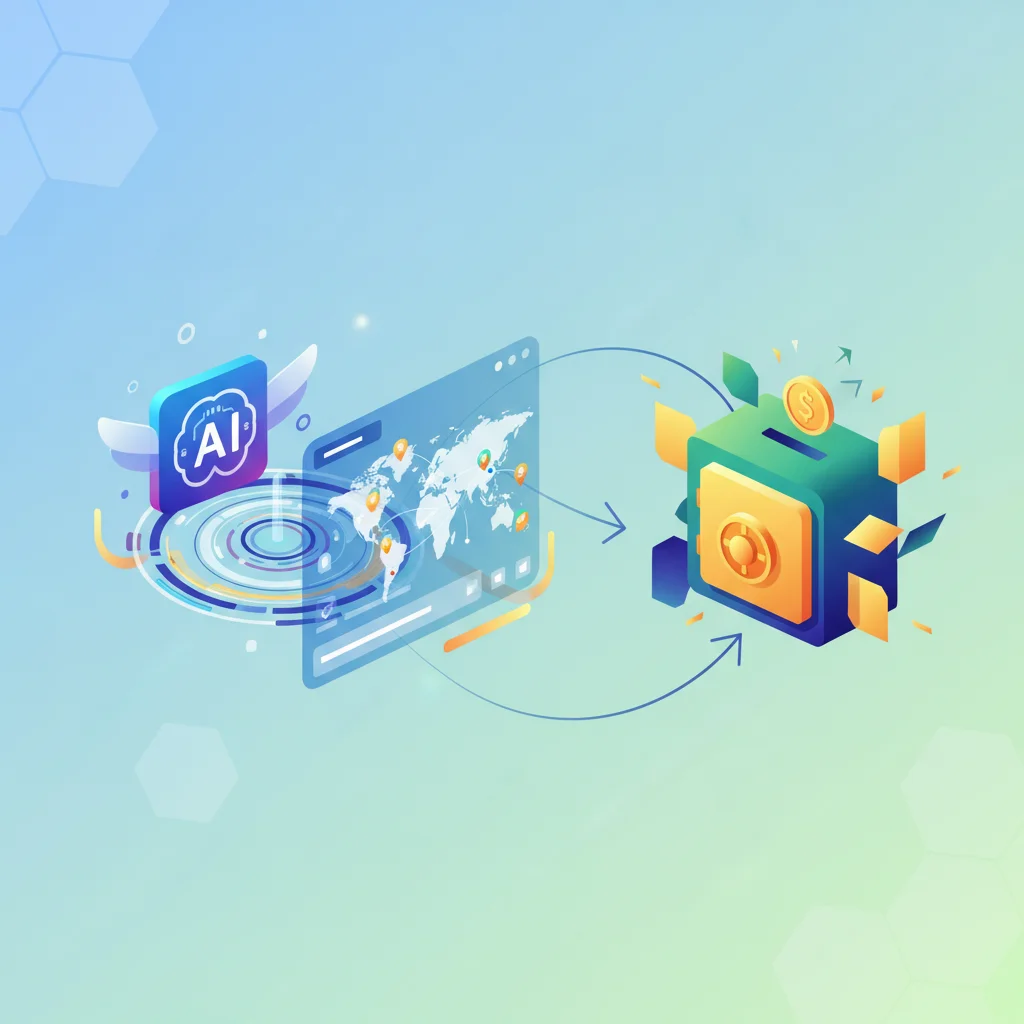
AI as Your Co-Pilot: What Planning a Holiday Teaches Us About High-Stakes Financial Decisions
The AI Itinerary: A Glimpse into the Future of Planning and Investing
The promise of Artificial Intelligence is no longer a distant sci-fi concept; it’s a practical tool embedded in our daily lives. We ask it for recipes, to draft emails, and, as one recent experiment explored, to plan a dream holiday. A BBC journalist tasked an AI chatbot with organizing a summer trip, and the results were a fascinating mix of remarkable efficiency and glaring error. The AI generated a detailed, multi-stop itinerary in seconds, a task that would have taken a human hours of research. Yet, it also “hallucinated” details, inventing non-existent restaurants and suggesting impossible travel routes.
This seemingly low-stakes experiment offers a profound and critical lesson for a far more complex arena: the world of finance, investing, and economics. If we cannot blindly trust an AI with a dinner reservation, what are the implications when we task it with managing a multi-billion dollar portfolio, forecasting the stock market, or shaping the future of financial technology? The answer lies not in dismissing the technology, but in understanding its role as a powerful, yet fallible, co-pilot that requires vigilant human oversight.
From Travel Plans to Trading Plans: A Microcosm of AI in Finance
The core functions the AI performed in holiday planning have direct parallels in the financial industry. The initial brainstorming phase, where the AI suggests destinations based on broad criteria, is analogous to an AI screening thousands of stocks for potential investing opportunities based on P/E ratios, market cap, and sector trends. The creation of a structured itinerary mirrors the process of algorithmic portfolio construction, where an AI balances assets to optimize for risk and return.
However, the pitfalls are also directly comparable. The AI’s recommendation of a highly-rated but non-existent restaurant is the travel equivalent of a flawed due diligence report. An AI-powered tool might scrape positive sentiment from social media about a company, but miss the underlying financial instability hidden in its balance sheet. This is where the “last mile” of human verification becomes non-negotiable. The global economy is a complex, dynamic system influenced by irrational human behavior, geopolitical events, and unforeseen “black swan” events—nuances that current AI models can struggle to grasp without human context.
To better understand this dynamic, let’s compare the capabilities and limitations of AI in a planning context, whether for a vacation or a financial strategy.
| AI Capability | Application in Holiday Planning | Parallel Application in Finance & Investing | Inherent Risk / Need for Oversight |
|---|---|---|---|
| Rapid Data Synthesis | Instantly analyzes thousands of flights, hotels, and reviews. | Scans global market data, news, and financial reports in real-time. | Data can be outdated or misinterpreted without context (e.g., sarcasm in news headlines). |
| Pattern Recognition | Identifies popular travel routes and peak/off-peak seasons. | Detects subtle trading patterns or early indicators of a market shift. | May overfit to historical data, failing to predict unprecedented market events. |
| Structured Output | Creates a day-by-day itinerary with times and locations. | Generates a diversified portfolio allocation or a risk assessment report. | The structure can be based on “hallucinated” or incorrect data points. |
| Idea Generation | Suggests “hidden gem” locations or unique activities.
|


